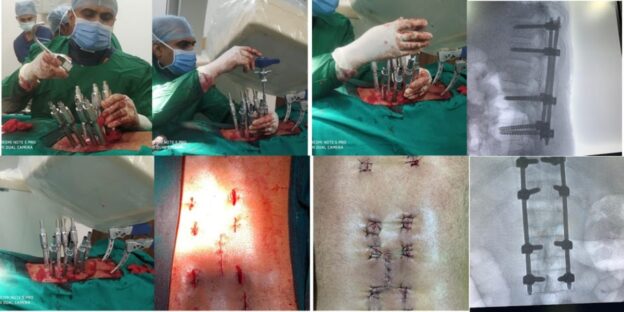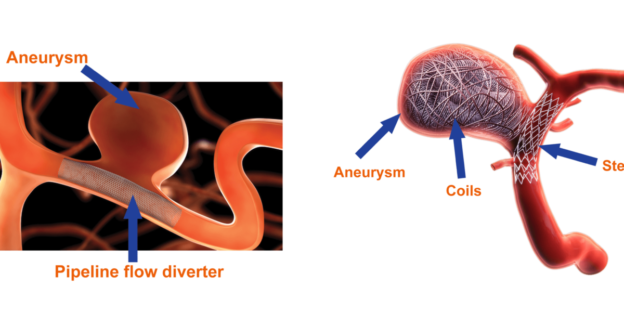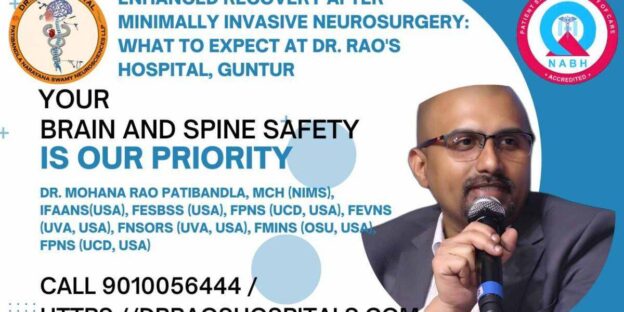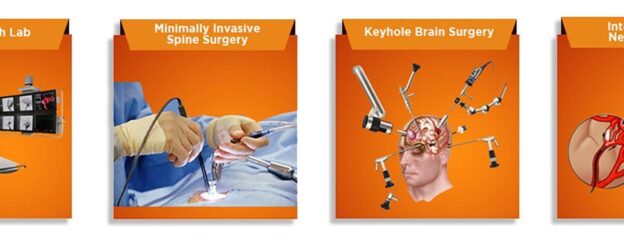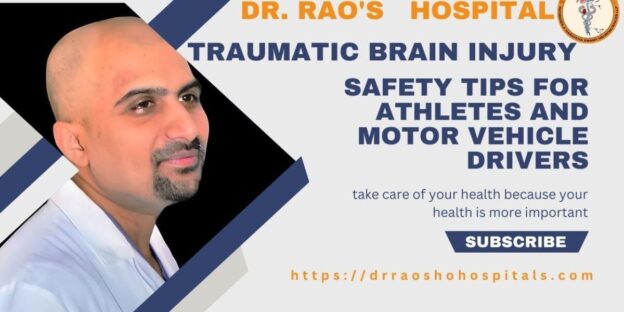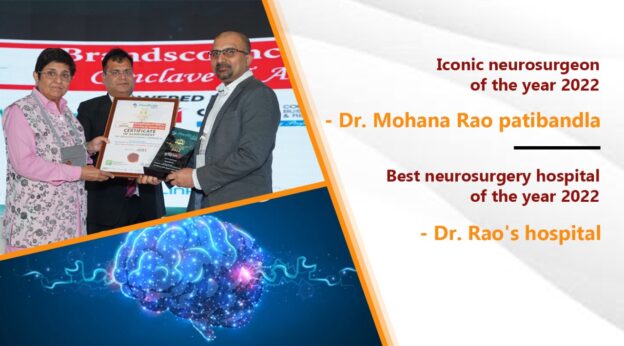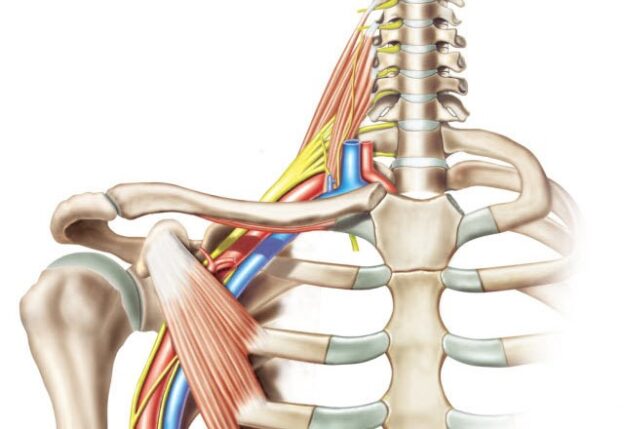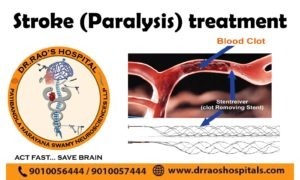Comprehensive Care from a Brain and Spine Neurosurgeon: Dr. Rao at Dr. Rao’s Hospital
Expert care is paramount when it comes to brain and spine health. Dr. Rao’s Hospital is dedicated to providing comprehensive care for neurological conditions, led by the renowned neurosurgeon Dr. Mohana Rao Patibandla. With a commitment to excellence and patient-centered care, Dr. Rao’s Hospital is a beacon of hope and healing for those facing brain and spine disorders.
Who is Dr. Mohana Rao Patibandla?
Dr. Mohana Rao Patibandla is a distinguished neurosurgeon with extensive training and experience in all subspecialties of neurosciences. His educational journey started with an MBBS from Andhra Medical College and continued with a neurosurgery specialization from Nizam’s Institute of Medical Sciences in Hyderabad. Further honing his skills in the USA, Dr. Rao gained expertise in minimally invasive skull base surgery, pediatric neurosurgery, neuro-oncology, and stereotactic radiosurgery. His diverse training and unwavering dedication to patient care have earned him a reputation as one of India’s leading neurosurgeons. According to The Times of India coverage.
Comprehensive Brain and Spine Care
At Dr. Rao’s Hospital, comprehensive care encompasses the full spectrum of diagnostic, therapeutic, and rehabilitative services for brain and spine conditions. Our approach is holistic, focusing on the unique needs of each patient.
Advanced Diagnostics
Accurate diagnosis is the cornerstone of effective treatment. Dr. Rao’s Hospital has state-of-the-art imaging technologies, including MRI, CT, and PET scans. These tools enable precise identification of neurological issues, ensuring tailored treatment plans for each patient.
Minimally Invasive Surgery
Minimally invasive techniques have revolutionized neurosurgery, offering patients reduced recovery times, minimal scarring, and lower risks of complications. Dr. Rao specializes in these advanced techniques and provides cutting-edge treatments for brain tumors, spinal disorders, and cerebrovascular diseases.
Stereotactic Radiosurgery
Stereotactic radiosurgery (SRS) is a non-invasive treatment option for various brain and spine conditions. Utilizing highly focused radiation beams, SRS targets abnormal tissues with pinpoint accuracy. Dr. Rao’s expertise in SRS ensures optimal outcomes for patients with conditions like arteriovenous malformations (AVMs), trigeminal neuralgia, and metastatic brain tumors.
Comprehensive Spine Care
Spine disorders can significantly impact the quality of life. At Dr. Rao’s Hospital, we offer comprehensive care for herniated discs, spinal stenosis, and degenerative spine diseases. Our multidisciplinary team collaborates to provide personalized treatment plans, including surgical and non-surgical options.
Neuro-Oncology
Brain and spine tumors require specialized care. Dr. Rao’s Hospital offers a multidisciplinary approach to neuro-oncology, combining surgery, radiation therapy, and chemotherapy. Our team of experts works together to provide the most effective treatment strategies, prioritizing patient safety and quality of life.
Pediatric Neurosurgery
Children with neurological conditions require specialized care. Dr. Rao’s training in pediatric neurosurgery ensures that young patients receive the most advanced and compassionate care. From congenital anomalies to pediatric brain tumors, we are dedicated to improving the health and well-being of our youngest patients.
Rehabilitation and Support
Recovery extends beyond the operating room. Dr. Rao’s Hospital provides comprehensive rehabilitation services, including physical, occupational, and speech therapy. We aim to support patients in regaining their independence and improving their quality of life.
Why Choose Dr. Rao’s Hospital?
- Expertise: Dr. Rao’s extensive training and experience in neurosurgery ensure the highest standard of care.
- Advanced Technology: We utilize the latest technologies and techniques to provide effective and minimally invasive treatments.
- Patient-Centered Care: Our holistic approach focuses on our patients’ physical, emotional, and psychological well-being.
- Multidisciplinary Team: Collaboration among specialists ensures comprehensive and coordinated care for complex conditions.
- Commitment to Excellence: We are dedicated to continuous improvement, staying at the forefront of medical advancements to offer the best possible care. In a recent India today article.
Conclusion
Dr. Rao’s Hospital is a leading center for comprehensive brain and spine care, offering advanced diagnostic and treatment options under the expert guidance of Dr. Mohana Rao Patibandla. Our commitment to excellence and patient-centered care ensures that each patient receives the highest level of care tailored to their unique needs. If you or a loved one is facing a neurological condition, trust Dr. Rao’s Hospital for expert, compassionate care.
For more information or to schedule a consultation, don’t hesitate to get in touch with us at 9010056444 or visit our website, drraoshospitals.

